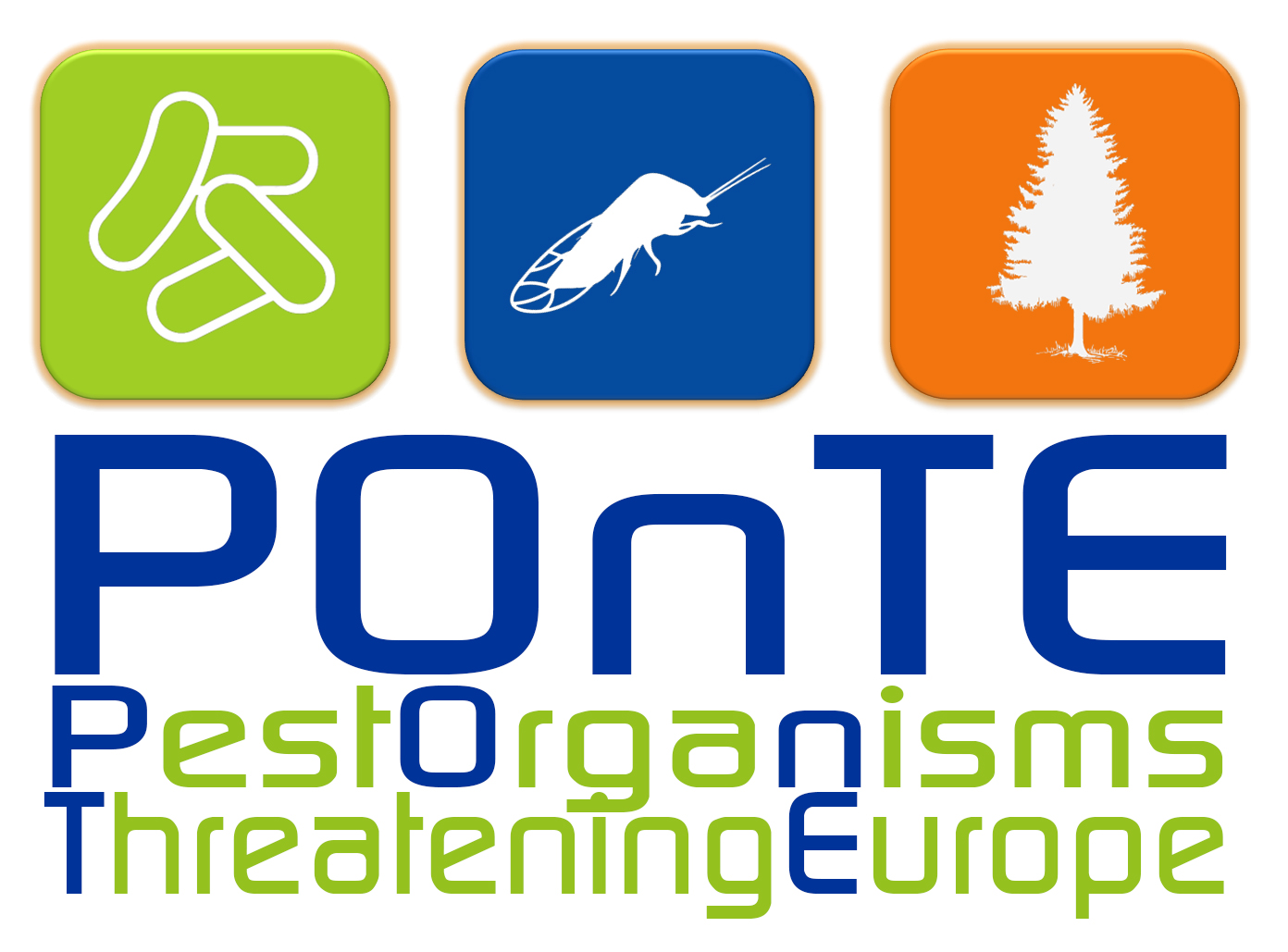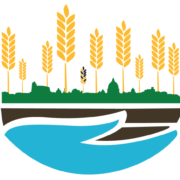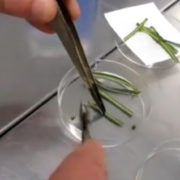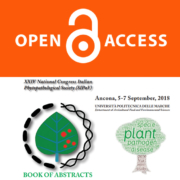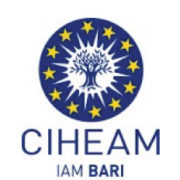POnTE research on Xylella features a major contribution to the XXII Congress of the Italian Society of Plant Pathology
The XXII National Congress of the Italian Society of Plant Pathology (SIPAV), held in Rome from 19 to 22 September 2016, will see the participation of a consistent number of researchers engaged in the Consortium POnTE. Given the state of high alert for the EU territory, on Tuesday 20, a dedicated session will cover research progress and updates on the current knowledge on Xylella fastidiosa.
The research team from CNR-IPSP, UNIBA-DiSSPA, CRSFA “Basile Caramia” and IAS-CSIC will deliver several contributions on the ongoing research activities within the POnTE Project.
Following the invited lecture to be given by Dr. C. Manceau (ANSES, France), Dr. Boscia, Project Coordinator, will open the Xylella fastidiosa session, presenting POnTE and “The EU Research programs in response to the Xylella fastidiosa emergency”.
Dr. Saldarelli will illustrate the recent molecular studies on “Transcriptome analysis of two olive cultivars in response to Xylella fastidiosa infection” and “Metagenomic investigations on the microbiome of Xylella fastidiosa-infected olives”.
Dr. Loconsole will illustrate validation and implementation of routine testing methods for detection of Xylella fastidiosa, before to present, in a second talk, “rapid screening tests for differentiating Xylella fastidiosa isolates”, developed in a joint research with the IAS-CSIC group.
Dr. Cavalieri will deal with vectors, presenting trials on “Transmission of Xylella fastidiosa to different host plants by naturally infected Philaenus spumarius”.
Dr. Morelli will describe the steps leading to the “Establishment of an experimental field to explore the differential olive cultivar response to Xylella fastidiosa infection” and the activities currently ongoing.
The poster presented by Dr. D’Attoma, whose participation has been awarded with the “young researchers” grant funded by SIPAV, will illustrate her Ph.D. project targeting “pathogen confusion strategy to achieve Xylella fastidiosa biocontrol” (D’Attoma et al.).
Two posters have been prepared by the research group from UNIBA-DiSSPA and will deal with “Survey for the presence of Xylella fastidiosa subsp. Pauca strain CoDiRO in the native flora of the Salento peninsula” (Potere et al.) and “Evaluation of a sampling method for Xylella fastidiosa detection in olive trees” (Susca et al.).
A final mention for the poster prepared by the POnTE Coordination Team, in collaboration with Prof. Obradovic (FA-UB), and presenting to the large audience of the Congress the “The H2020 POnTE Project web site: an online resource for scientific dissemination on emerging pest diseases” (Morelli et al.).
Further information on SIPAV Congress and related symposia are available at this link.
